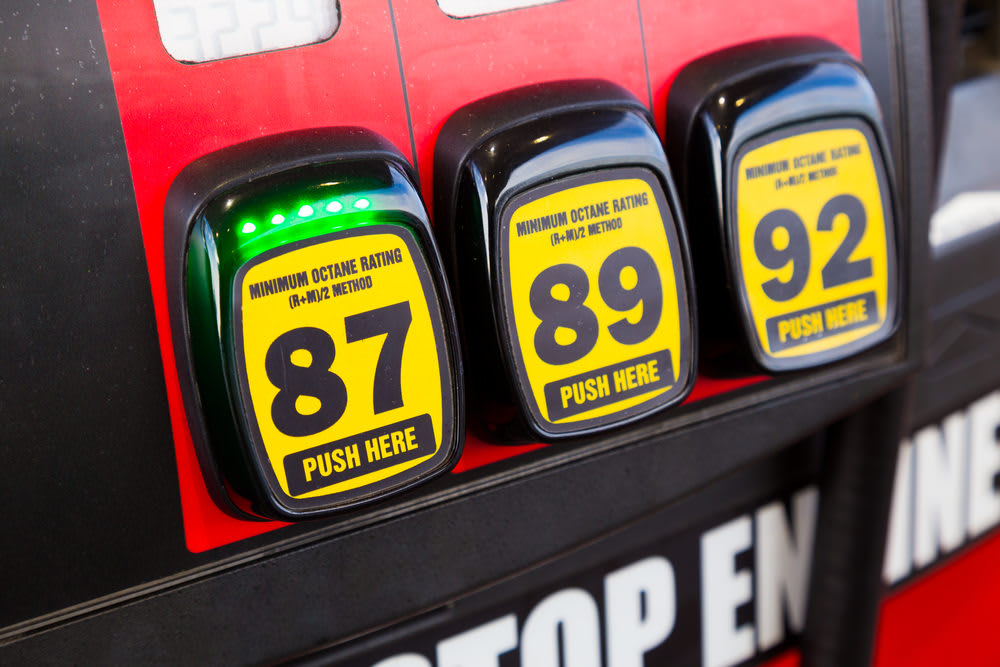

When someone pulls up to a gas station, the first thing they’ll see is the big sign lit up with the prices for the different grades of gasoline. There’s regular, premium, super, and a number of other variations of names for these grades. But which grade is the best?
The meaning of octane
Most people think that an octane rating is to gasoline what a "proof" number is to alcohol. This is a common misconception, and the real source of the octane rating is a bit more unexpected. Octane is actually a measure of how resistant that grade of gasoline is to engine knocks at higher compression in the combustion chamber. Less stable fuel, below 90 octane, is fine for most engines. In high-performance engines though, the high compression of the air/fuel mixture may be enough to ignite the mixture before the spark plug supplies the spark. This is called a "ping" or "knock." High octane fuel is able to resist the heat and pressure of high-performance engines and avoid knocking, igniting only when the spark plug sparks.
For cars driven normally, engine knocks are easier to avoid and the higher octane does nothing to improve performance. In the past, cars would need higher octane fuel every few years due to deposits in the engine increasing compression. Now, there are cleaning detergents and chemicals in all major brands of gas that prevent this build-up. There is no reason to use a higher octane of fuel if the engine does not knock or ping.
How to identify what octane your car needs:
First, open the fuel filler door.
Next, look at the gas cap and the inside of the fuel filler door. One of these should have the recommended octane fuel for the vehicle written on it.
-
The typical way the recommended fuel octane is listed is as follows:
- XX Octane (sometimes “AKL” is put in place of octane) recommended
- XX Octane minimum
Using a fuel with an octane rating under the minimum requirement is likely to cause engine knocking.
Choose fuel based on the octane number, not the name (regular, premium, etc.) of the grade.
If the cap is yellow, then the vehicle is a flex-fuel vehicle that can take E85 ethanol.



